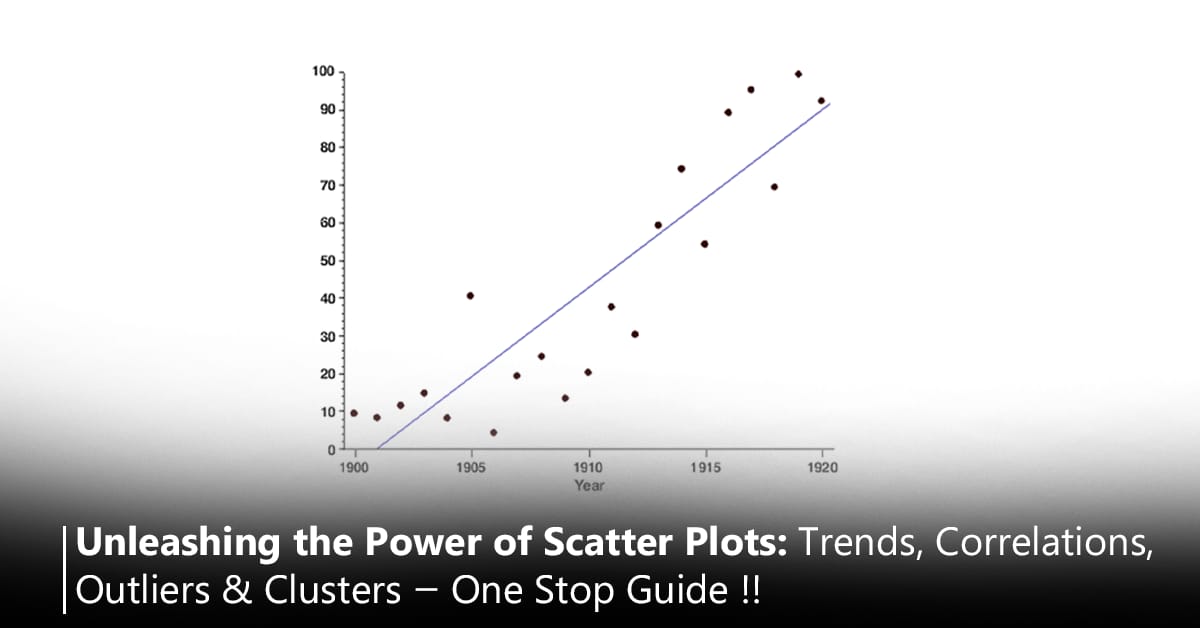Are you torn between CFA vs MBA?
The CFA path seems challenging yet rewarding, while an MBA feels like the go-to option—but is it still worth it?
If you’re unsure about which career path to take and the advice around you feels vague or unhelpful, you’ve come to the right place.
In this blog, you’ll discover:
- How to choose the right degree for your career
- A detailed comparison of CFA vs MBA in finance
- Key factors to help you decide what’s best for you
Whether you’re a finance student or someone exploring your next career move, this guide will give you the clarity you need.
Let’s dive in!
CFA vs MBA: What to Choose?
Before deciding on a degree, consider these 7 key factors to make an informed choice.
1. What will you learn?
There’s a popular saying:
“An MBA is a mile wide and a foot deep, while a CFA is a foot wide and a mile deep.”
This perfectly sums up the difference between these two paths.
MBA → Management-Focused
An MBA gives you a broad understanding of business, covering subjects like:
- Business operations
- Marketing
- Finance
- Accounting
It’s a Master’s in Business Administration, so you’ll learn about a business’s day-to-day functions and how to contribute to its overall growth.
However, while you gain knowledge across multiple domains, the depth of each subject is limited.
CFA → Investment-Focused
If you’re looking to specialize in finance and investment, CFA might be the better choice.
Careers you can pursue with a CFA:
- Credit Analyst
- Mutual Fund Manager
- Bond Portfolio Manager
- Equity Analyst
CFA is a highly specialized course that focuses deeply on financial markets, investment strategies, and real-world applications.
Unlike an MBA, there’s no alternative finance degree with the same level of expertise.
If you’re particularly interested in:
- Financial Markets
- Banking
- Credit Markets
CFA might be the right choice for you.
That said, neither degree is better—it all depends on where you see yourself in the future.
For example, MBA graduates are working as Asset Managers and CFA holders working as Consultants.
Both degrees are high-quality and can add value to any firm if you have the right skills.
2. What will be your work profile?
MBA → Business-Centric Roles
With an MBA, your role will likely be more generalized.
- You could work as a strategist or consultant, helping businesses grow.
- Your work will be business-focused, not investment-focused.
CFA → Finance & Investment Roles
A CFA leads to specialized roles such as:
- Investment Analyst
- Portfolio Manager
- Asset Manager
If you want to work in investment management, CFA is a more direct path.
3. Degree requirements:
CFA Requirements
To get the CFA charter, you need:
- Pass 3 exams (Levels 1, 2, and 3).
- 4,000 hours of relevant work experience in finance (completed within 36 months).
- A university degree (or be in the final year of your bachelor’s).
MBA Requirements
- MBA is a 2-year master’s degree.
- You need to have a bachelor’s degree before applying.
- Unlike CFA, an MBA is not self-paced—you’ll need to attend classes and complete coursework.
4. Cost of the degree:
CFA Costs
The total cost depends on how many attempts you need to pass each level.
- Registration fee: $350 (~₹30,000)
- Exam fees: ₹80,000 per level
- Tuition fees (optional): ₹50,000–₹1,00,000 per level
- Study materials: ₹5,000–₹6,000
Total estimated cost (if passed in one attempt): ₹4,50,000 – ₹5,00,000
MBA Costs
MBA costs vary depending on the institution.
- Top business schools in India (IIMs): ₹20,00,000
- Private institutions (like ISB): ₹40,00,000 – ₹45,00,000
MBA is significantly more expensive than CFA.
5. Syllabus and Exam pattern:
CFA → Self-Paced & Exam-Based
There are no colleges for CFA—it’s a self-study program.
- Level 1: MCQs
- Level 2: Vignette-based MCQs
- Level 3: Half vignette-based MCQs, half structured response
MBA → Classroom-Based Learning
- You attend classes, interact with professors, and work on projects.
- No fixed exam pattern—each college has its own assessment method.
6. Competition and Job Market:
MBA → Highly competitive
- To get into IIMs, you need a high CAT percentile.
- Every year, 3 lakh+ students graduate with an MBA in India.
- Having an MBA alone is not enough—your institute matters.
CFA → Less competitive, but challenging
- Only 1.8 lakh people in the world hold a CFA charter.
- No entrance exam—you just need to pass the levels.
- It’s not competitive in admissions but extremely difficult to clear.
7. Salary Expectations:
MBA Salary
- Entry-level: ₹7,00,000 – ₹25,00,000 per annum
- Salaries vary based on the institute’s reputation and skills
CFA Salary
- Level 1: ₹6,00,000 – ₹7,00,000 per annum
- Level 2: ₹13,00,000 – ₹17,00,000 per annum
- Level 3: ₹20,00,000+ per annum
- CFA Charter Holders: ₹40,00,000+ per annum.
There’s a 192% salary increase from Level 1 to CFA Charter Holder!
So, which one should you choose?
- If you want a broad business role, an MBA is better.
- If you want an in-depth finance career, CFA is the way to go.
Both CFA vs MBA paths have their pros and cons—it all depends on your career goals.
So, where do you see yourself in the next 5–10 years?
Your answer will guide your decision.
How to decide what to choose as your career?
Choosing a career isn’t just about picking the most popular or high-paying option—it’s about finding what truly fits you.
To make the right choice, consider these 3 things:
1. What are you interested in?
Your career should align with what excites and motivates you.
Imagine waking up every day and working on something that feels effortless because you genuinely enjoy it.
For example, if you love analyzing financial markets, CFA might be a great fit.
But if you’re drawn to leadership, strategy, and business growth, an MBA might be more fulfilling.
2. What does the market need?
Passion is important, but so is demand.
Look at industry trends—are there opportunities in the field you’re considering?
A career that blends your interests with market demand ensures both satisfaction and financial stability.
For instance, the finance industry highly values CFA professionals, but the demand for MBA graduates depends heavily on the school they graduate from.
3. What are your long-term goals?
Think about where you want to be in 10 years.
Do you want to manage businesses, build strategies, or specialize in a technical field?
- If you dream of managing companies and working in different industries, an MBA could be your best choice.
- If you want to work in investment banking, asset management, or financial analysis, CFA is a more focused path.
Let’s understand this with a simple example.
Think of choosing a career like choosing a vehicle for a journey.
- An MBA is like an SUV—it covers all terrains and gives you flexibility in career choices.
- A CFA is like a sports car—built for speed and performance in the finance industry.
The key is to know where you want to go before picking your ride.
So, ask yourself:
- What do I love?
- Where is the demand?
- What do I want to achieve?
Answering these will lead you to the right career choice.
Conclusion
At the end of the day, the choice between CFA and MBA isn’t about which one is better—it’s about which one is right for you.
You could take the help of the 7 key factors discussed in the blog, but make sure to check up on your own interests, goals, and commitment level.
Interest alone won’t get you through either of these paths.
You need a clear goal and the determination to work for it.
CFA vs MBA are challenging in their own ways, and only those who are ready to put in the effort will truly succeed.
With that being said, we hope this guide helps you find your path.
Whatever you choose, give it your best shot.
Wishing you success in your journey—all the best!



